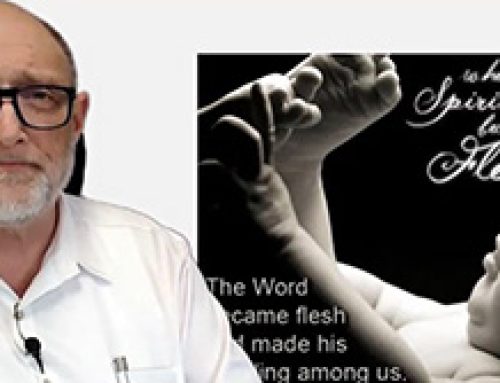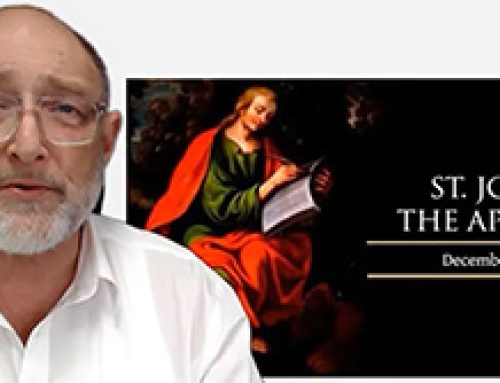Jesus says turn the other cheek
Today Tony Worner reads from Matthew’s Gospel (5:38-42), which continues the Sermon on the Mount discourse begun last week and, except for a couple of major solemnities, will continue for the next couple of weeks.
In his reflection, Tony focuses on the line in which Jesus says, “But if anyone strikes you on the right cheek, turn the other also…” The image portrayed needs to be understood in light of its meaning and context for the time.
In the ancient world to be struck on the right cheek is much more serious than to be struck on the left cheek. In fact, a master was permitted to slap a slave on his left cheek but could be prosecuted if he were to hit him on the right cheek. A blow to the right cheek was the most shameful insult possible and both Jewish and Roman law permitted persecution for this offence. Why the difference?
To be struck on the right cheek meant that the striker is using either his left hand (his toilet cleaning hand) or that he is using a right backhand. Whichever way you look at it, both were seen as a particularly grievous insult.
It is difficult to imagine someone being slapped who would not instinctively retaliate. However, Jesus calls us to go against our natural instinct. He calls us not to exact revenge but instead to make ourselves vulnerable. This may seem passive but it is, instead, a way of showing the other person that you may have insulted me, but you have no power over me, because I know to whom I belong.
So if someone wrongs us, the Christian response, the counter-intuitive response, is to do something totally unexpected, to continue relating to that person as a person accepting them as a friend or as an equal.
We’re asked, if we want to be a Christian disciple, to do something counter-intuitive, something hard. We’re asked as Jesus says, “to turn the other cheek”.






Leave A Comment